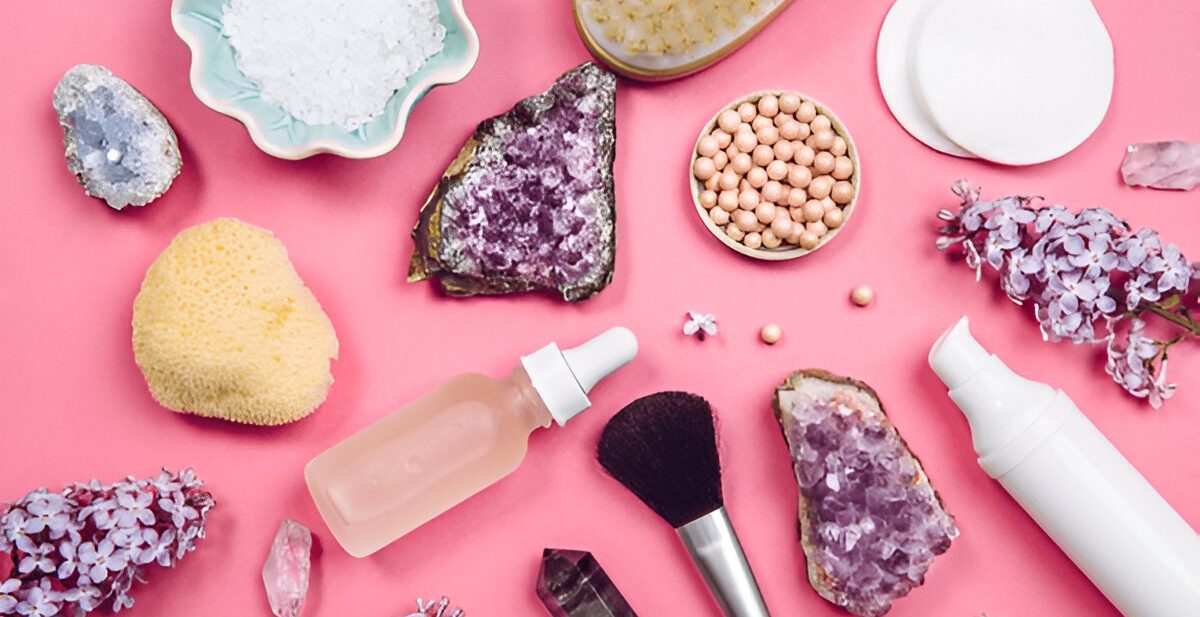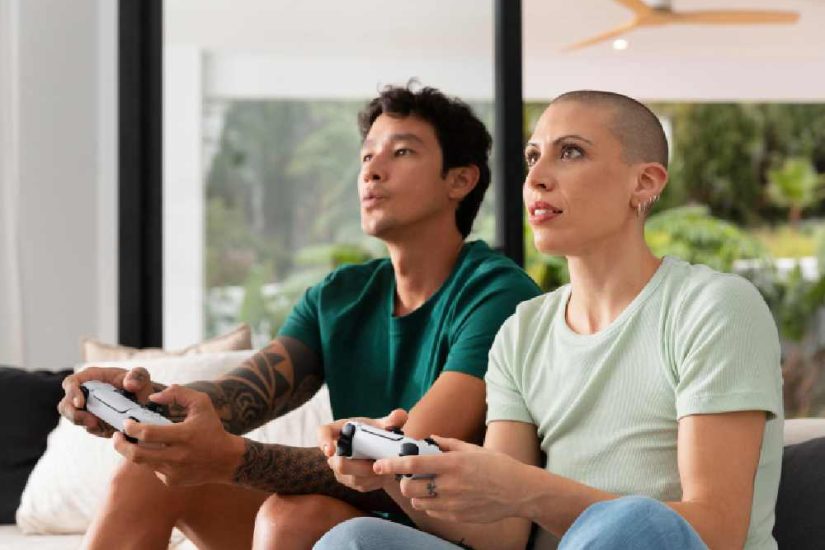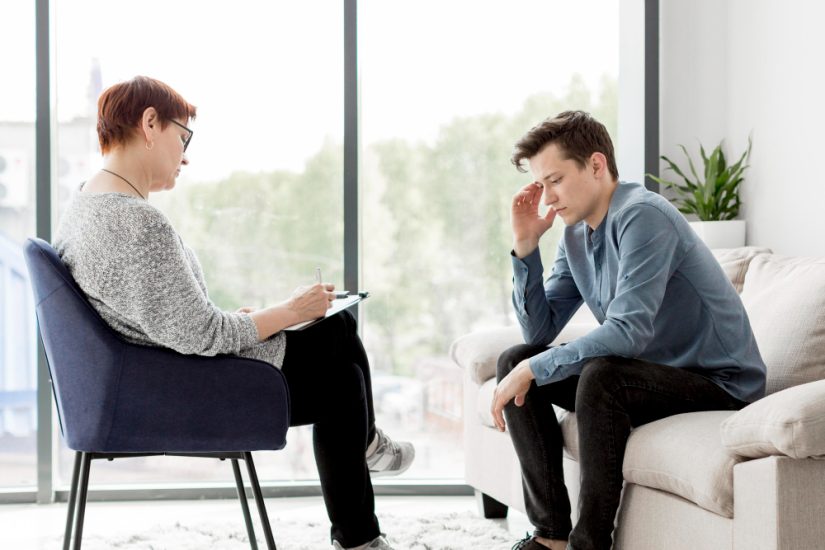- February 10, 2025
- by Harshita Bajaj
- Mental Health
Introduction
In today’s digital era, online dating apps have revolutionized how people connect, gradually replacing traditional dating methods. The widespread use of these platforms is driven by several factors, including accessibility, broader exposure, diverse communication options, and the convenience of finding partners based on sexual orientation. However, alongside these advantages, dating apps have also been linked to rising issues such as the mental health effects of dating apps. With over 350 million users worldwide, the dating app industry generates an estimated $5 billion annual revenue.
Despite their popularity, dating apps contribute significantly to toxic beauty standards and unrealistic beauty standards. Research indicates that over 85% of studies analyzing body image and dating apps found a strong negative correlation. Additionally, nearly 50% of studies on dating apps’ mental health observed adverse effects on users’ overall well-being.
But why do dating apps negatively impact body image and dating apps? The primary reason lies in their inherently image-centric nature. Like social media, these platforms emphasize visual appeal, where users primarily engage with photos before considering other profile details such as hobbies or interests. Since attractiveness often determines initial interactions, individuals may feel pressured to conform to digital beauty ideals by altering their appearance using social media beauty filters, curated profiles, and self-image tools. This phenomenon fosters self-objectification, a process where individuals value their appearance over their personality, leading to body dissatisfaction and low self-esteem.
Additionally, the potential for rejection of dating apps can further exacerbate the mental health effects of dating apps. Constant exposure to unrealistic beauty standards and comparisons with others may trigger the impact of dating apps on self-esteem. As dating apps continue to evolve, understanding the mental health effects of dating apps is crucial to fostering healthier online interactions and combating the pressure to conform to unattainable beauty ideals.
This blog explores how dating apps shape toxic beauty standards, their impact on dating apps’ mental health, and ways to cultivate a healthier self-image while navigating online dating.
Understanding Toxic Beauty Standards
Toxic beauty standards normalize unrealistic beauty standards, promoting potentially harmful beauty practices such as cosmetic surgery while suggesting that self-worth is tied to physical perfection. These standards are reinforced through images, videos, and captions shared by social media accounts and peers.
Examples of toxic beauty standards include social media beauty filters that distort natural appearances and create unattainable ideals. Fitness trends like #Fitspo and #Thinspo push the notion that an ideal body can be achieved through extreme dieting and supplements, glorifying extreme thinness.
Although many young people recognize the link between toxic beauty standards and their impact on body image and dating apps, they may still feel pressured to conform. Constant exposure to these ideals can harm the effects of dating apps on self-esteem and body confidence, making individuals feel inadequate.
Unrealistic Expectations on Dating Apps
Dating apps further amplify societal pressures by encouraging users to present curated profiles and self-images that are heavily edited. This constant comparison fosters body image and dating app struggles, making users feel unworthy of attention and affection.
Moreover, when individuals receive positive reinforcement for their altered profiles—such as more matches or compliments—it can lead to a dependency on inauthenticity for validation. Over time, this reliance erodes confidence and intensifies the impact of dating apps on self-esteem, deepening feelings of inadequacy.
By understanding the pervasive influence of digital beauty ideals and the mental health effects of dating apps, individuals can work toward building a healthier relationship with their self-image and resisting unrealistic pressures.
Impact on Mental Health
Relying on dating apps for validation can make self-worth fragile, as it becomes contingent on the approval of others. A lack of matches or perceived rejection can feel like a personal failure, exacerbating insecurities. Users who frequently encounter rejection on dating apps may be more likely to experience the impact of dating apps on self-esteem.
When rejection is perceived based on appearance, it can lead to concerns about body image and dating apps. Since online dating and mental health interactions lack personal connection during a first impression, many users feel that these platforms prioritize physical attraction over personality. This often results in self-comparison and increased self-judgment. A 2016 study found that Tinder users had a lower impact of dating apps on self-esteem, primarily due to dissatisfaction with their physical appearance and feelings of shame regarding their body image and dating apps.
Dating apps inherently set users up for rejection, as it is impossible to match with everyone. While rejection is a normal part of life, the online nature of these platforms amplifies dismissals and “ghosting.” This can contribute to the mental health effects of dating apps, as some users internalize rejection, leading to negative emotions and lower self-worth.
Social Media, Influencers, and the Pressure to Conform
Beyond influencing beauty ideals, social media amplifies the pressure to conform, affecting online dating and mental health. Many young people spend hours scrolling through their feeds, comparing themselves to others and feeling inadequate. This curated and heavily edited content distorts reality, reinforcing unattainable digital beauty ideals that impact self-worth. The constant need for validation, exposure to seemingly perfect relationships, and pressure to conform can take a toll on the mental health effects of dating apps.
Combating Toxic Beauty Standards
- Shift the focus to authenticity: Showcase your authentic self and use recent photos that accurately represent who you are. By embracing authenticity, you will step toward self-improvement and strengthen your self-worth.
- Limit comparison: Avoid comparing yourself to others on social media or dating apps. Remember that many profiles are curated and self-image tools and don’t represent reality.
- Practice Self-Compassion: Treat yourself with kindness and acknowledge your insecurities without judgment.
- Seek support: If body image struggles or low self-esteem feels overwhelming, consider seeking professional help. A counselor can provide tools to build confidence and improve self-image.
- Redefine success in Dating: Success in online dating isn’t about the number of matches—it’s about forming genuine connections.
Conclusion
While individuals can take steps to combat toxic beauty standards, dating apps must also promote authenticity by encouraging unfiltered photos, supporting body positivity campaigns, and offering self-reflection tools. By recognizing the mental health effects of dating apps, people can reclaim their self-confidence, embrace their authentic selves, and foster healthy relationships free from the constraints of unrealistic beauty standards.
Take a step in the right direction!
















